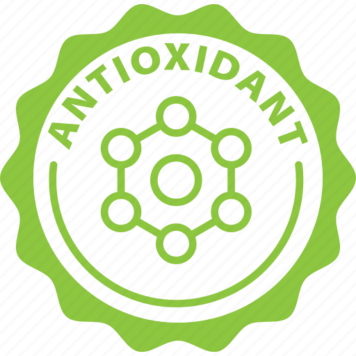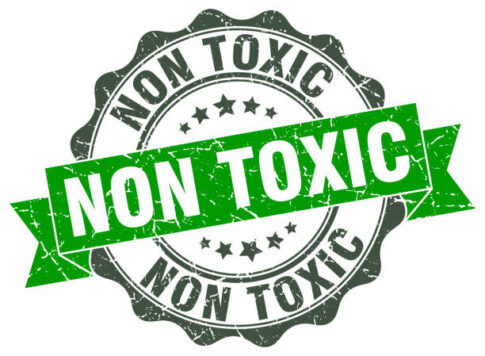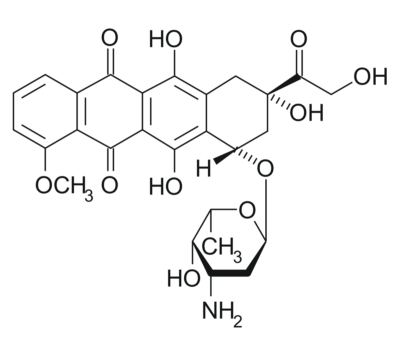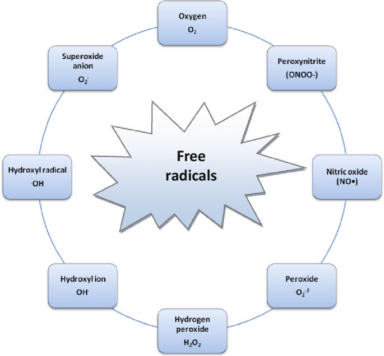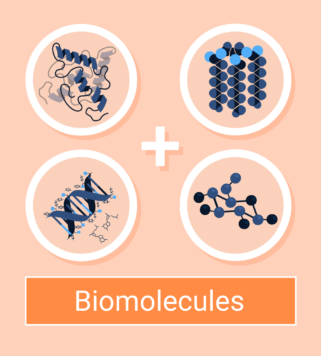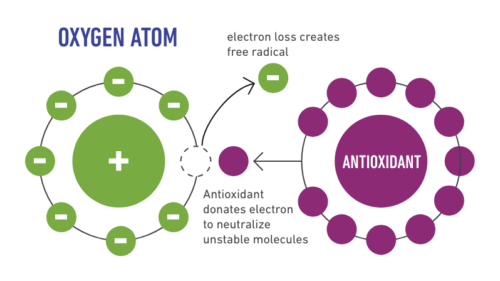The application of nano-products in the food industry increases the risk of people exposed to nanoparticles. Titanium dioxide nanoparticles (T-NPs) are typically and widely used in food field, while fullerenol nanoparticles (F-NPs) have great promise to be used as food additives. Therefore, it is necessary and important to understand the safety of T-NPs and F-NPs in foods. In the present study, Caco-2 gut epithelial cell line was selected as a model to investigate the impact of T-NPs and F-NPs. The viability and proliferation of Caco-2 gut epithelial cells incubated with different concentrations of T-NPs and F-NPs were observed. The results showed that the two kinds of nanoparticles did not induce cell death even lasting for 48 h. The results of apoptosis and DNA damages in the cells indicated that both T-NPs with 50 and 100 μg/mL caused Caco-2 gut epithelial cell apoptosis, but didn’t cause significantly DNA damages. F-NPs with 200 and 500 μg/mL concentrations also can induce cell apoptosis but no DNA damage.
Related researches 23 articles




